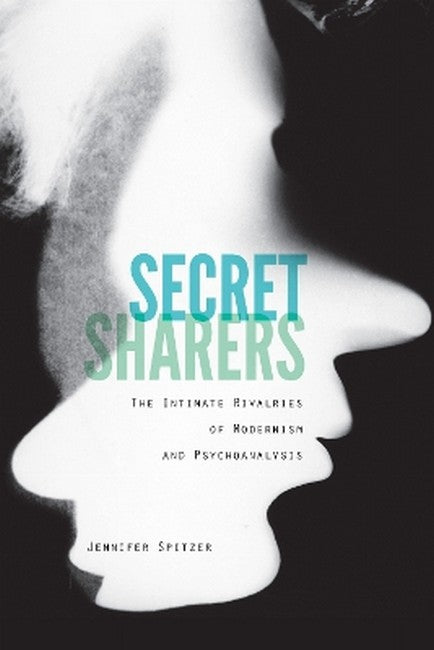Jennifer Spitzer is Associate Professor in the Department of Literatures in English at Ithaca College. Her work has appeared or is forthcoming in Modernism/Modernity, the Journal of Modern Literature, Studies in the Novel, Modern Language Quarterly, the New York Times, the Los Angeles Review of Books, Avidly, and other venues.
Request Academic Copy
Please copy the ISBN for submitting review copy form
Description
Introduction: Intimate Others 1 1 On Not Reading Freud: Amateurism, Expertise, and the "Pristine Unconscious" in D. H. Lawrence 31 2 The Soul under Psychoanalysis: Virginia Woolf and the Ethics of Intimacy 59 3 The Heterodox Psychology and Queer Poetics of Auden in the 1930s 88 4 Nabokov and the Lure of Freudian Forms 115 Conclusion: Modernist Afterlives and the Legacies of Suspicion 143 Acknowledgments 155 Notes 159 Index 191
Spitzer rises to the impossible task of framing the long-contested landscape that is captured by the category "modernism.". . . The strength of Spitzer's text is clearly perceptible in her rigorous research of the historical relationship between specific authors and literary groups on the one hand, and the fast expansion and reception of psychoanalysis across Europe and the United States on the other.-- "H-Net Reviews" Spitzer makes a convincing case for the influence of psychoanalysis on the content and direction of modernist literature, also arguing that the relationship influenced the perception and direction of psychoanalytic thinking. This book masterfully illustrates that no subject can be understood in isolation, underscoring the value of broad liberal arts education. Highly recommended.-- "Choice Reviews" If modernism was anything, it was a literature of consciousness. For that reason, Freud and psychoanalysis have long been seen as crucial context to the literary innovations of the early twentieth century. Secret Sharers, however, troubles received notions about the role of Freud within literary modernism, offering a new narrative in which modernism was shaped by an engagement that was both anxious and constitutive. Jennifer Spitzer's book is a timely invitation to reexamine modernism's fundamental concerns and their bearing on the work we do as literary critics.---Timothy Wientzen, author of Automatic: Literary Modernism and the Politics of Reflex Spitzer moves beyond standard accounts of literary modernism's debt to Freud to show how practicing psychoanalysts and modernist writers worked in close proximity on the same terrain--narrating the minds of others, interpreting the meaning of texts, theorizing queer experience. Attuned to subtler forms of influence and reaction--and featuring an ensemble cast of secondary characters who practiced or wrote about Freudian psychoanalysis--Secret Sharers offers a revelatory account of the rise of modernist conceptions of literary autonomy.---Laura Heffernan, author of The Teaching Archive: A New History for Literary Study

